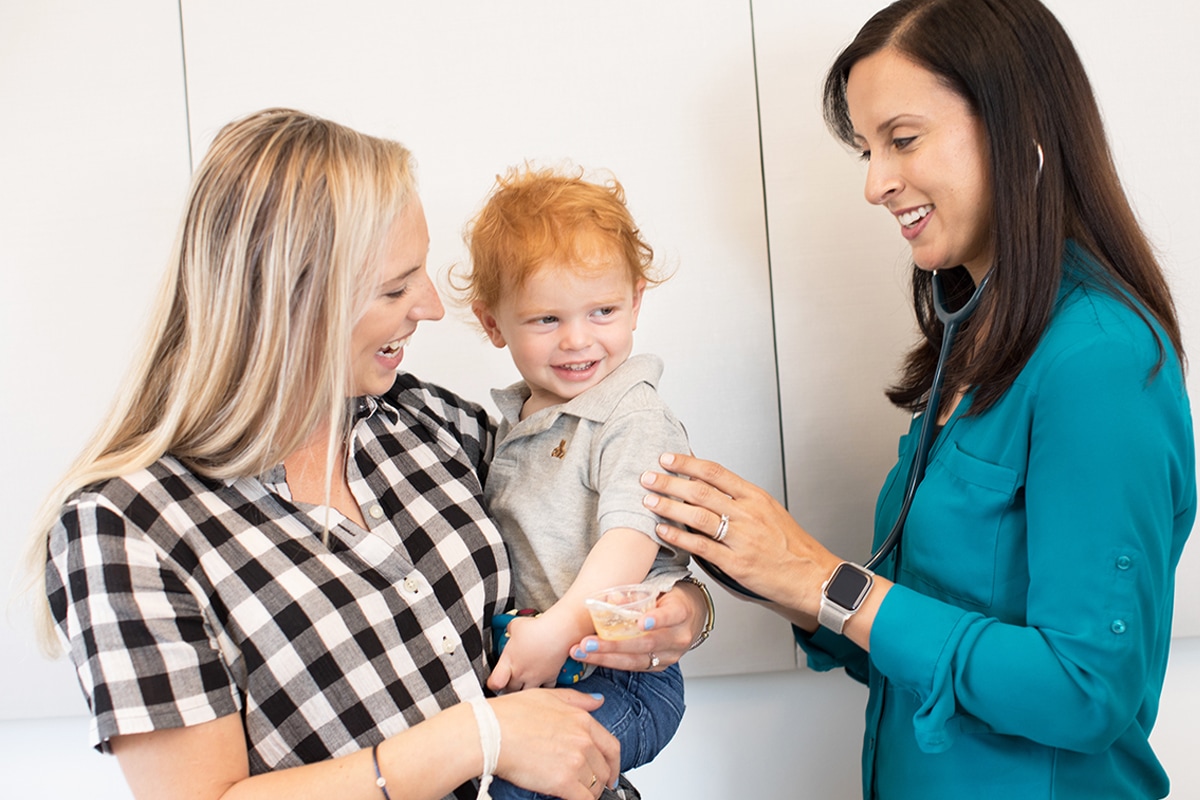Can You Outgrow Food Allergies?
Some people will outgrow their allergies over time. For example, more than half of children with egg allergies will outgrow the allergy by the time they are 16 years old.
So why would you treat food allergies if there is a chance your body will outgrow them? If half of the people will outgrow their allergy, that means half will not. And studies have shown that some specific allergens have a lower likelihood of being outgrown. For example, only 20% of people with a peanut allergy are likely to outgrow it. The only way to be confident that someone has outgrown an allergy is annual allergy testing — including blood tests, skin tests and, if recommended, an oral food challenge.
Importantly, the hope of possibly outgrowing an allergy does not provide protection from an allergic reaction in the meantime. Proactively treating your food allergies can provide a level of protection, as well as peace of mind.



